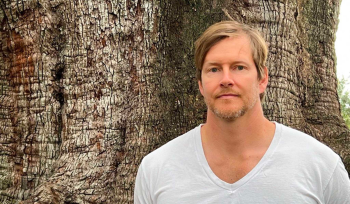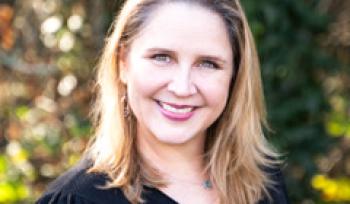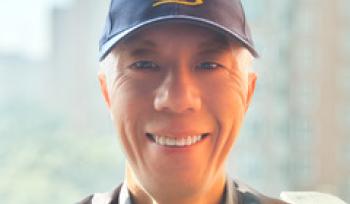Formerly known as Statoil, the company was originally established by the Norwegian government as the state-owned Norwegian State Oil Company (Den Norske Stats Oljeselskap A/S) in July 1972, just three years after oil was first discovered in the central North Sea. In 2007, Statoil merged with Hydro Oil & Gas, a division of Norsk Hydro. In 2013, Statoil reported revenues of $109.6 billion (723.4 billion NOK), operations in 33 countries and approximately 23,400 employees.
Organizational Challenge
As Equinor continued to expand internationally, those holding project leadership positions took on increasingly pivotal roles with the company. As such, it was necessary for project executives to sharpen their global leadership skills, become effective change agents, and enhance collaboration across the company. This included the development of critical insights into cultural and contextual differences in order to ensure effective delivery of mega projects in the 33 countries where Statoil currently operates.
Program Overview
Equinor and the UC Berkeley Executive Education co-designed the Project Executive (PE) Program to develop effective change agents who can drive Equinor’s complex global projects.
The program incorporated Equinor’s five leadership principles:
- Integrity
- Personal humility
- External orientation
- Execution rigor
- Accountability
Originally, the program consisted of four week-long modules spread over a ten-month period. In 2012, the program was streamlined and re-architected to include a one-day orientation, two one-week modules, a blended learning component and a company-sponsored Inter-Module Initiative (IMI). Participants begin the program by focusing on improving their leadership skills, using diagnostic tools to develop self-insight, peer coaches to reinforce their new insights and discussions with entrepreneurial leaders from different industries.
Participants begin the program by focusing on improving their leadership skills, using diagnostic tools to develop self-insight, peer coaches to reinforce their new insights and discussions with entrepreneurial leaders from different industries.
To better understand the complexities of Statoil’s global context, participants are immersed during the second module in the local context of a country where Statoil has significant business interest. This part of the program features field visits to local companies and meetings with business leaders, government officials, and leading experts. Participants also learn about stakeholder management, as well as Statoil’s local operations and business challenges.
Additionally, the program focuses on building effective personal networks across different organizational silos. Participants are introduced to the principles of “peer coaching” and serve as thought and accountability partners during and after the program. In addition, at the end of the program, they are expected to deliver a 90-minute workshop on their key learnings to their teams in order to cascade their critical takeaways.
Participants Profile
- Participants are selected annually from a pool of candidates within the Statoil projects community, and are placed in a cohort.
- 20 participants in each cohort of the PE Program
Program alumni
In 2014, nearly 140 PE Program alumni reflected on their experiences and shared key program benefits, including:
- Becoming a more effective team leader
- Developing the skills of a change agent
- Gaining insights about innovative companies & business leaders
- Understanding contextual realities in other countries
- Simplifying complexity
- Developing a deeper internal network within Statoil
Reflecting on the PE Program, Anders Opedal, senior vice president and the top executive in charge of the Projects organization observed: “We’ve been through a transformation in projects, for example from working with Norwegian yards to now working with the Koreans; we’ve had to adapt our mindset and become more flexible. The PE Program has been a key catalyst in developing a group of change agents who can drive and deliver complex mega-projects.”
Throughout the period of time that encompassed the past seven cohorts of the program, Statoil’s revenue and proven energy reserves (both oil and natural gas) increased, respectively, from $68.2 billion and an aggregate of 4.185 million barrels in 2006 to $109.6 billion and an aggregate of 5.6 million barrels in 2013.


